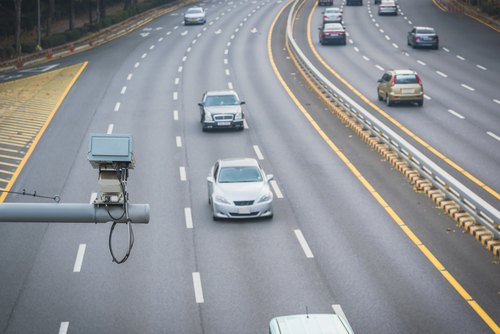
Perceptions among state and federal policymakers that the public opposes the installation of speed cameras has made the technology rare despite the fact it could reduce racial profiling and minimize police-driver interactions, according to a Rutgers study recently published in the journal Transportation Research Interdisciplinary Perspectives.
A total of 32 states have official or de facto bans on speed cameras, according to the Insurance Institute for Highway Safety.
To shift public opinion, regulators should emphasize the technology’s ability to limit racially divisive interactions with the police, Kelcie Ralph, Rutgers associate professor of urban planning and policy development at the Edward J. Bloustein School of Planning and Public Policy, said.
The most common interaction between police and residents is a traffic stop, and Black drivers are disproportionately stopped.
Ralph and her colleagues asked 1,468 adults their views on racial profiling, policing and trust in police.
Among those who agree that racial profiling occurs, support for cameras was 78 percent. Among those who disapprove of the practice, 83 percent support cameras. Conversely, among those who strongly approve of racial profiling, 61 percent support cameras.
When asked to read two different descriptions of a camera program, those who read a racial justice message supported cameras at a higher rate.